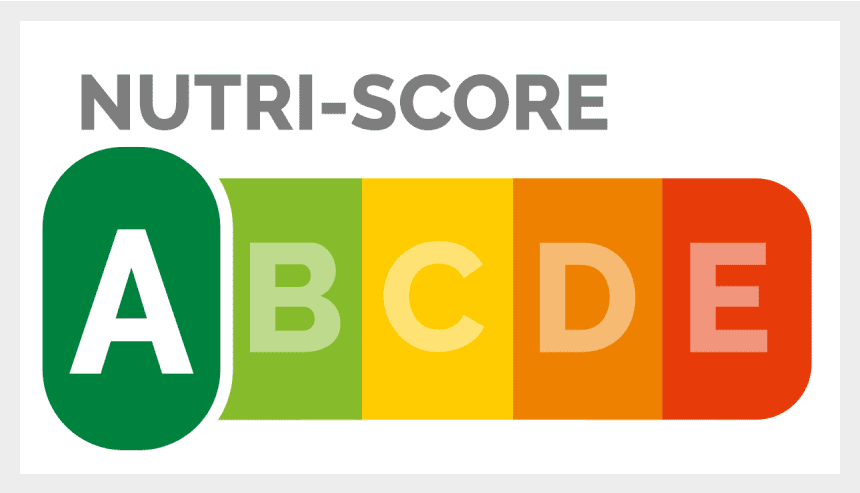Some of the scientists behind Nutri-Score have published a new study showing that the front-of-pack-labeling (FOPL) system effectively helped consumers choose olive oil over less healthy cooking oil alternatives.
In the opinion of the researchers, the latest findings will help assuage the concerns of the olive oil sector that Nutri-Score will hurt sales.
“The results of our study suggest that the apposition of Nutri-Score in olive oil is well accepted and understood by a large majority of participants who seem to accept the current Nutri-Score for olive oil.
The study focuses on the behavior of 486 Spanish consumers. Almost 80 percent of them said Nutri-Score helped them spot the nutritional and quality differences among the eight vegetable oils and fats chosen for the study.
See Also:Nutri-Score Adoption Can Help Curb Cancer Epidemic, Researchers Say“This is important work that contributes to answering some criticisms made by olive oil producers about the current classification of olive oil by Nutri-Score,” Pilar Galan, a nutritional epidemiology researcher at Sorbonne Paris Nord University, told Olive Oil Times.
Of the sample pool, 89 percent of respondents correctly identified olive oil as the added fat with the best nutritional quality. When asked which added fat they would buy most frequently, 86 percent of the participants chose olive oil.
“Next, after remembering that among the added fats the Nutri-Score C given to olive oil was the best, most of the participants declared that they would continue consuming olive oil as much as before (71 percent),” the researchers wrote.
While many olive oil producers in countries such as Italy, Spain and Greece have criticized the “Yellow C” Nutri-Score rating for extra virgin olive oil, the same score given to refined olive oil, 78 percent said that they believe Nutri-Score should be used to rate olive oil.
After the criticism followed by Nutri-Score’s introduction in Spain, Madrid conceded that the Nutri-Score label would not be mandatory for olive oil.
However, the scientists wrote “the results of our study suggest that the apposition of Nutri-Score in olive oil is well accepted and understood by a large majority of participants who seem to accept the current Nutri-Score for olive oil.”

In their paper, the researchers noted how the 12-country FOP-ICE study “showed that Nutri-Score appeared as the best scheme to help participants identify healthier food products compared to other FOPLs.”
“Several studies also highlighted Nutri-Score’s ability to discriminate products across the same food category as well as its consistency in regard to European national dietary guidelines,” they added.
The international debate about Nutri-Score is strongly connected to the European Commission’s initiative to introduce a universal food labeling platform for the European Union by 2022.
Back in February, Germany, Belgium, the Netherlands, Luxembourg, Spain, Switzerland and France joined forces in an intra-European steering committee to facilitate the use of Nutri-Score among food producers.
While Nutri-Score has won the attention of several European countries that traditionally exert a pivotal role in E.U. decisions, other countries, such as Italy, fiercely oppose its introduction.
This opposition has led to a number of new FOPL candidates being introduced into the debate for a pan-European labeling system. Among the most prominent is Nutrinform Battery, which has been put forward by Italy but widely criticized for its non-intuitive approach to nutrition labeling.
The Med Index also has also been proposed by researchers from Puglia. The proposed FOPL is based on foods typical of the Mediterranean diet, especially extra virgin olive oil, but excludes processed foods from its rating system.
Environmental activists are also pushing for any pan-European FOPL to include a food’s sustainability. Planet-Score and Eco-Impact combine both the environmental impact of food and its nutritional qualities in a single label.








